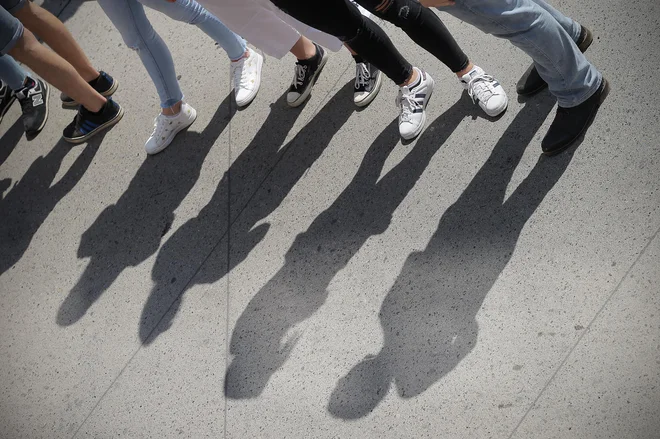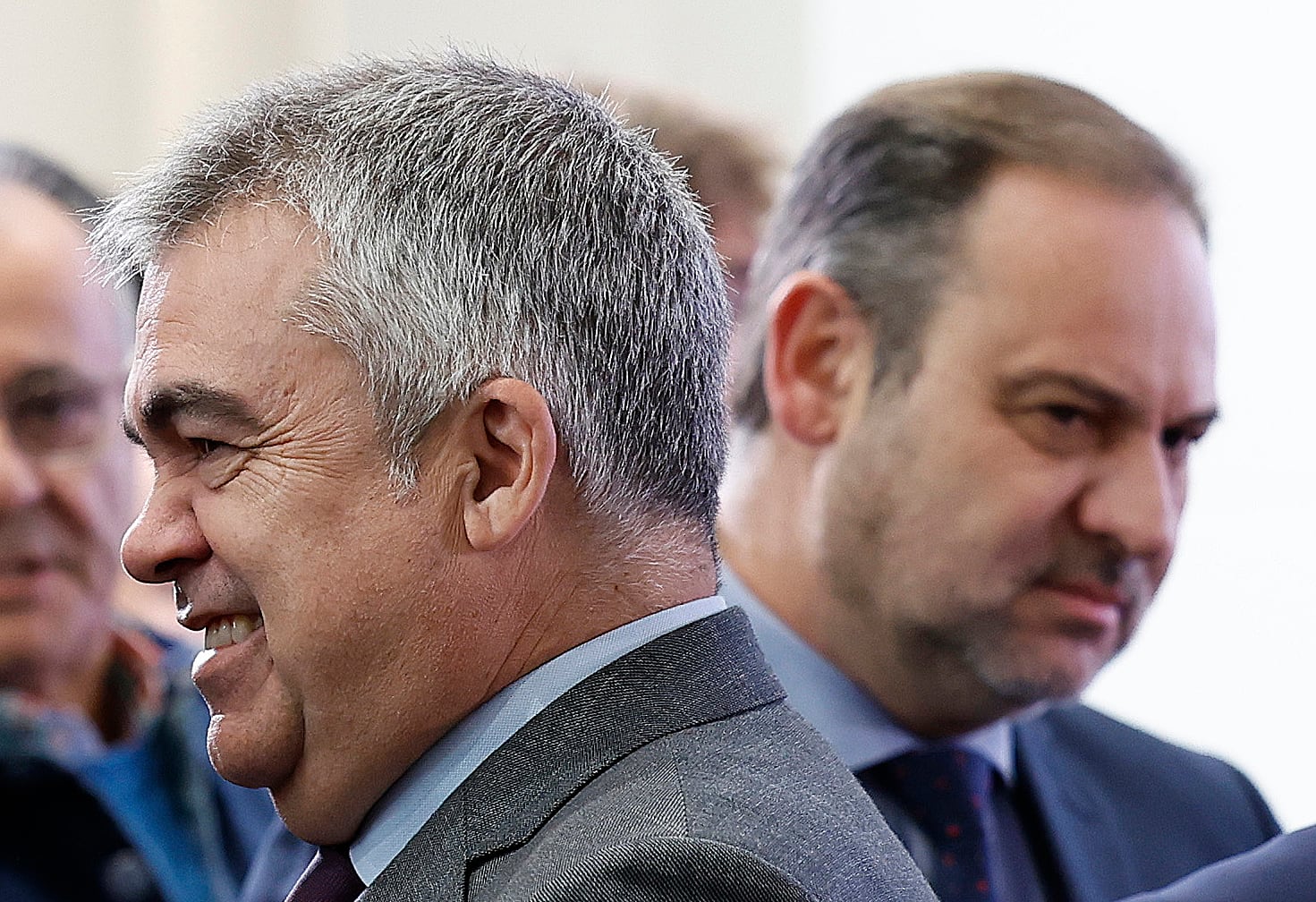Karolinska charges to recruit American scientists

At the Karolinska Institute in Solna, a feverish activity is underway to attract American researchers here.
After US President Donald Trump began to argue with the world -famous Harvard University, the international research community has ended up in what can almost be described as a shock state.
This is stated by Martin Bergö, who is a professor of molecular medicine and proctor at Karolinska Institutet in Solna.
He pulls his plastic tray To let us in at Biomedicum, which is a huge green glass building with ten floors and a large light yard in the middle.
Basic research is underway here, especially in the area of health.
Martin Bergö points in the direction of the animal department where there are about thousands of transgenic mice that we unfortunately are not allowed to visit for safety reasons.
One of Trump’s first piano tramp was the claim that the Biden administration invested billions on projects with « Transgender Mice ».
In fact, it was about « Transgenic Mice » which had its genetic mass modified, transgenic mice in Swedish.
The research is therefore not about gender.
– But Trump does not lose anything at saying such things because his followers do not care if it is wrong, says Martin, and tells how important the research with transgenic mice is to solve, for example, the riddle behind progeria, a disease that makes the body aging prematurely.
– It does not matter how much AI you develop, nothing can replace these important animal experiments. Yet, he says.

When Donald Trump had made their statements stated as much as 75 percent of all surveyed US scientists that they were prepared to leave the United States to work abroad, according to a survey from The magazine Nature.
The Karolinska Institute wants to use this.
The management has appointed a special resource group that will work specifically with the US and now, among other things, maps how many people can think of coming here – and what needs to be done to get them to choose us, says Martin Bergö.
– We are also investigating whether there is an interest from larger universities, such as Harvard, to maybe open branches here. Where we can build special research environments together.
The special group at Karolinska also investigates whether there are US pharmaceutical companies that want to establish operations in Sweden, he says.

But it happens under fierce competition. The other day, for example, Spain went out hard with a campaign. For three years, Catalonia is investing EUR 30 million to attract American researchers with its warm comfortable climate and proximity to the sea.
– Sweden has a lot to work with, says Martin, mentioning that principals and boards for Swedish universities are politically appointed by the government.
– It is also the state that owns our buildings, he continues and sweeps with his hand against all the laboratories you see behind large glass windows facing Ljusgården.
– It means that a Swedish Trump could do much more harm here.
If Sweden is to become The first option for the most accomplished researchers we also need to simplify the rules for visas, he says.
– Today, it is far too much, for example if someone wants to bring their family.

One circumstance that usually puts sticks in the wheel for guest researchers in Stockholm is the difficulties in finding a home. Many foreign educational institutions help with both that and the removal administration.
And if they want to bring a partner, that person often helps find a job.
– It’s something we are looking at if we can also do, says Martin Bergö.
In a laboratory If we meet Yilin Ren who comes from a city in eastern China and is here on a one -year scholarship.
She sticks her hands in a pull cabinet where she experiments with lactobacteria to see how they can affect the HPV virus.
China also has an interest in attracting American scientists, says Yilin Ren.
But she herself does not care what is happening in the United States.
– I chose the Karolinska Institute because my professor said it was good here, and he was right, she says.
In a year, When her scholarship expires, she intends to return to China to build her research there.
It is above all younger abilities, such as Yilin Ren, who will opt out of the United States, believes Martin Bergö.
Older and more established researchers have been able to build up their networks and strong research environments, which they can not only leave or bring, he says.
– I think the survey in Nature expressed more criticism of the Trump administration and a desire to leave the United States. It remains to be seen how many people will actually do.
Read more:









